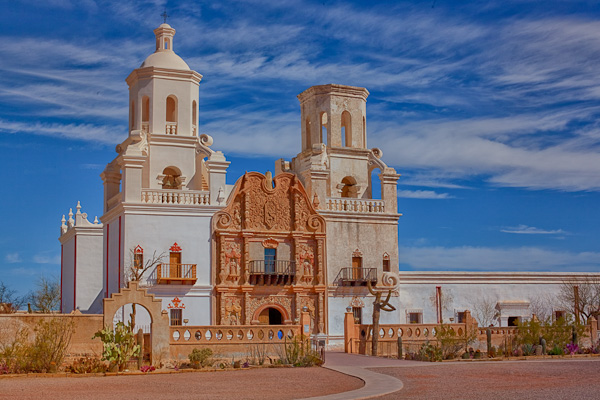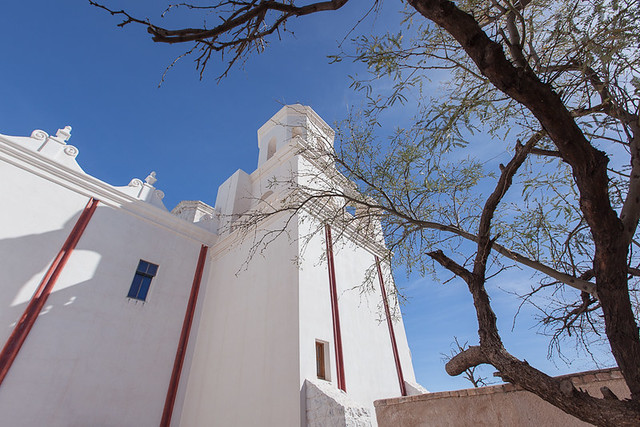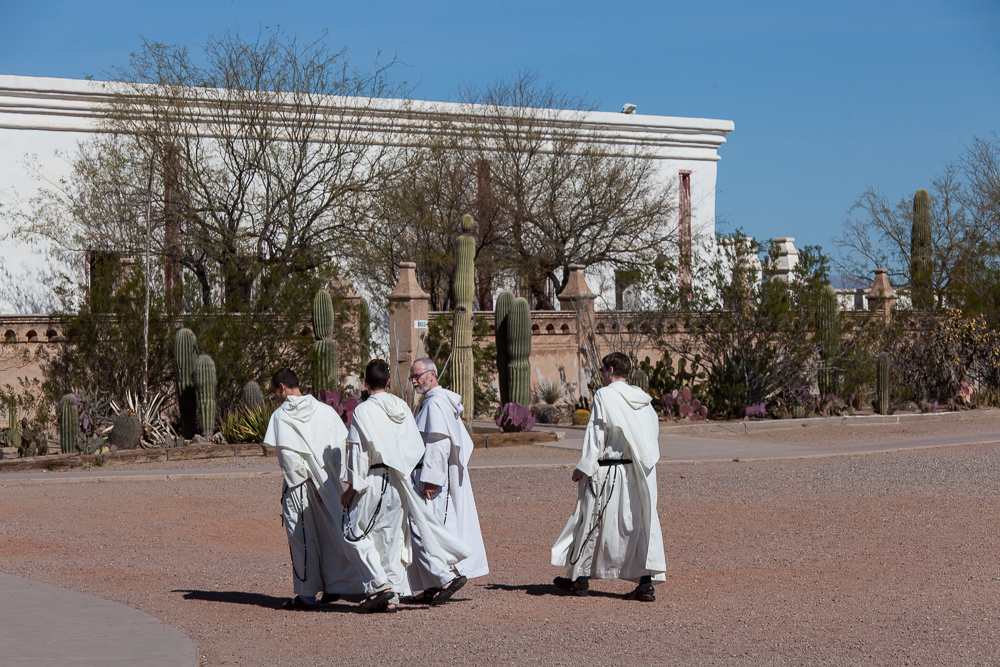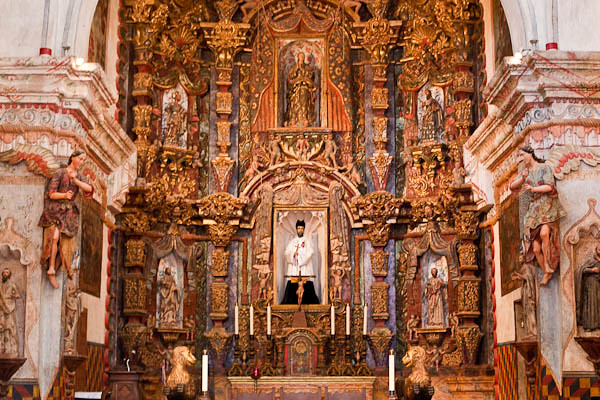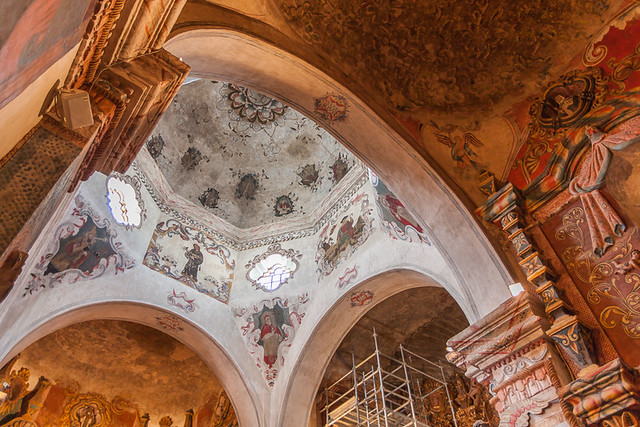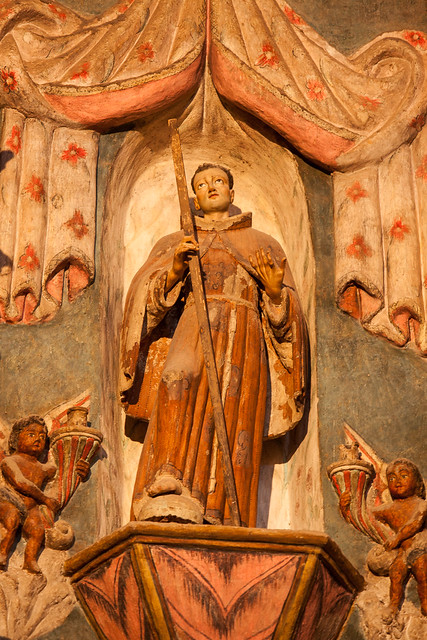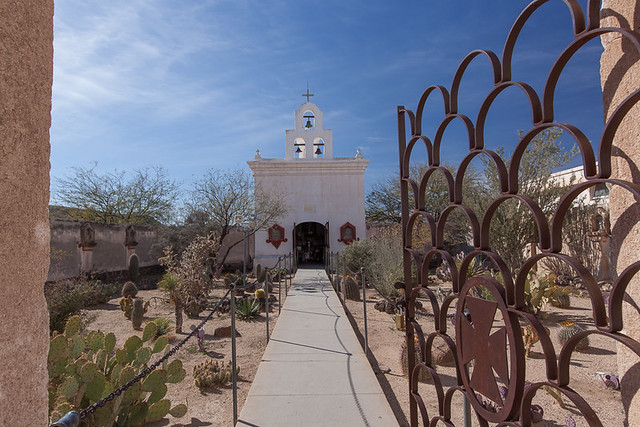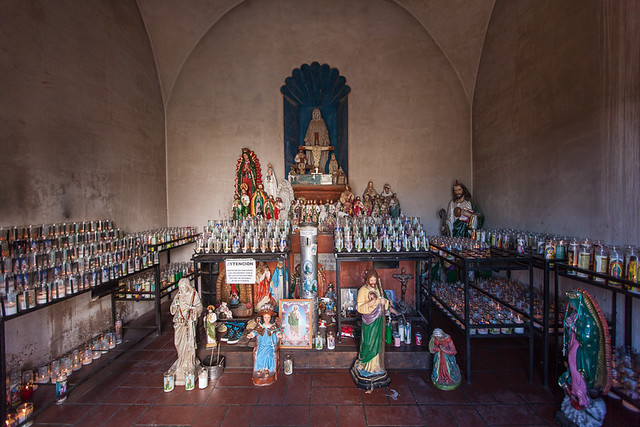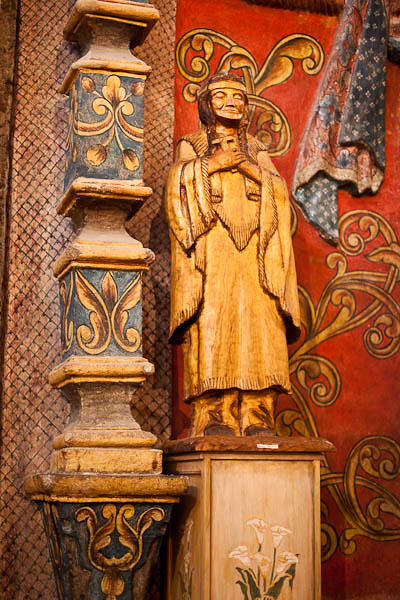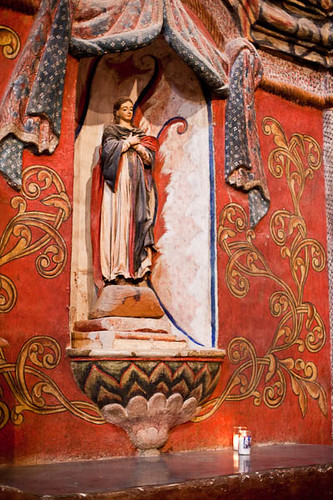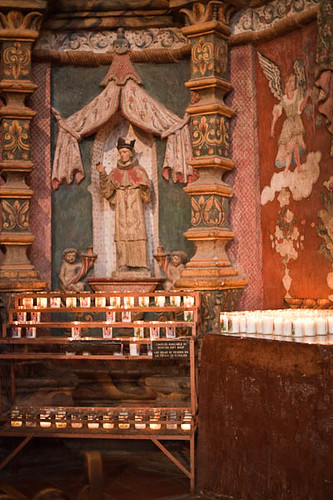Cheap Tramadol Online Overnight Delivery Get Tramadol Online “Essence of Place” – A limited selection of photographs that, when combined, provide an overall feel for a place and offer a unique glimpse into what gives a place its particular essence. The mood or emotion portrayed in the place is emphasized. People are frequently included to illustrate culture or connection. ~ Bo Mackison
Capturing “Essence of Place” is not limited to expansive landscape and wilderness areas.
Essence of Place is also a useful container when photographing historical sites, architectural spaces and urban settings. are also perfect spaces to capture their essence in a limited number of photos.
https://www.circologhislandi.net/en/conferenze/ In some settings, particularly if one is traveling to see a special place, it is helpful to do some research and list a few words or phrases that highlight what the qualities that capture the essence of place. This is simply a place to begin — there will always be the serendipitous photos seen on site.
When photographing an architectural, it is helpful to keep in mind scale, and include photos of the entire site, photos of a part of the building’s exterior, plus expansive interior photos, intimate interior photos, and photos that capture small, telling details.
Words, phrases and concepts that define the “Essence of Place” at Mission Xavier del Bac:
- National Historic Landmark
- Catholic mission
- a sacred place and active ministry
- south of Tucson Arizona
- construction from 1783 through 1797
- built by the Tohono O’odham tribe, under the direction of Spanish Franciscans
- oldest European structure in Arizona
- original statuary, murals undergo constant restoration as funds are available
- carved wooden statues of Native Americans and other saints
- roofed with masonry vaults, domes
- shells (symbol of pilgrimage) and cords (Franciscan symbol) are throughout the church
- lime plaster exterior covering adobe bricks
- painted curtains, marbling, even exterior drain spouts
This intimate landscape highlights the adobe brick structure, covered with lime plaster.
The white is stark against the Arizona bright blue skies. Desert trees offer minimal protection and shade. The sharp angles taken from a low vantage point emphasize the church’s majestic presence over the surrounding desert environment.
Creative details abound in the Mission Church.
In this frontier land in the 1700s, stone and adobe were available for building supplies, as was a limited amount of wood, but other items were hauled from Mexico, requiring a difficult overland trek
This did not stop the creators of the church from fabricating a sacred space using paint, gesso, and other natural materials. In one example, the drain spouts were fabricated from adobe, covered with lime plaster, and then painted from a crushed red rock substance.
In this portrait in a landscape, visiting brothers explore and worship in the historic church.
The original church, whose construction dates from 1783-1797, was built by Tohono O’odham and supervised by Spanish Franciscan priests and brothers. The church has been repaired and renovate countless times – after periods of abandonment and disuse, earthquake damage, and lightning strike fires. Renovation is an ongoing process.
Pilgrims from around the world, some 200,000 a year, visit the Mission Church known as the “White Dove of the Desert”, a sacred space steeped in history, culture, and art.
The sacristy and east and west transepts feature over a hundred carved statues and murals.
Fabricated curtains, tassels, fonts, niches, and columns are carved from plaster and then highly decorated to resemble marble, fabric, gilding, and wood.
The mission church is a National Historic Landmark.
It is the oldest, still intact, European structure in Arizona. Masonry vaults and domes form the roof which makes it unique among Spanish Colonial buildings in the United States borderland.
The church continues with restoration as funds become available. A glimpse of the scaffolds in the west sacristy is the site of a current restoration project. Experts are restoring a wall mural.
Statues were usually created in the artist guilds in Mexico.
Then the statues were transported to the Mission where local artists added the finishing touches. Often the statues were “dressed” in gesso or fabric.
Candles are an integral part in many Catholic Churches.
A warm golden glow emits from the many candle racks in the transepts of the church. Parishioners and visitors light candles as offerings, in gratitude and in petition. The candle lit areas are a favorite place for quiet prayer, introspection, meditation.
I chose to take a photograph of these candles and highlight the painted portrait of St. Francis Xavier, namesake of the mission and a revered saint of the Tohono O’odham — a “portrait” in a still life photograph.
A side chapel honors the namesake of the mission, St Francis Xavier.
Inside the small square building are racks for votive candles, statuary, and offerings from petitioners. Atop the chapel are three brass bells in a triple bell tower. The area in front of the chapel has carved stations of the cross in the stone wall and a desert garden.
A detail shot shows the interior of the ten foot square chapel, white washed walls streaked with smoke.
There are always lit candles of petition and gratitude. (The paraffin candles have been replaced with a smokeless candle which will avoid further smoke damage to the ancient walls.
If one is patient, there are lulls between the petitioners’ visits. Wait long enough and the empty shrine fills with the still-present energy of seekers and believers.
I stood in this dim room, my eyes slowly adjusted to the candle lift dark when I came inside from the drenched-in-bright-sunlight desert. Scrawled letters with heart-touching stories, children’s drawings, holy cards, wedding and baptismal announcements, bits of jewelry and children’s toys adorn the altar.
(The Mission San Javier del Bac is located approximately 20 miles south of Tucson, Arizona, easily accessed from the I-19 expressway.)
